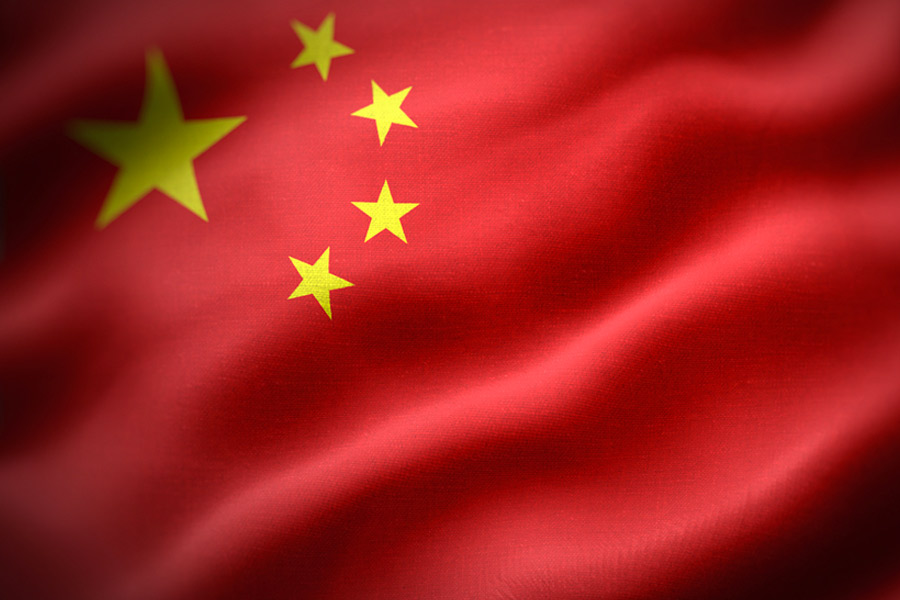The Biden administration announced on Monday broader restrictions on advanced technology that can be sent to China, in an effort to prevent the country from developing its own advanced chips for military equipment and artificial intelligence.
The restrictions will prohibit the sales of certain types of chips and machinery to China, and will add more than 100 Chinese companies to a restricted trade list. The move marks the Biden administration’s third major update over the past three years to a set of rules that have tried to cut China off from the world’s most advanced technology.
The rules are also likely to be the administration’s last on Chinese technology before President-elect Donald J. Trump’s inauguration next month, aiming to cement the Biden administration’s legacy in slowing down a rival country’s technological progress.
Commerce secretary Gina Raimondo told reporters in a call on Sunday that the move represented “the strongest controls ever enacted by the US to degrade the PRC’s ability to make the most advanced chips that they’re using in their military modernisation,” referring to the People’s Republic of China. She said the government had worked closely with experts, industry and allied countries to ensure that “our actions protect national security while minimising unintended commercial consequences”.
National security officials have said that China’s ability to acquire and make advanced computer chips poses a threat to the US. The chips are crucial for powering artificial intelligence and supercomputers that can be used to launch cyberattacks, design new weapons, erect surveillance systems and increase the military’s ability to respond accurately and rapidly to foreign attacks.
In October 2022, the Biden administration issued its first sweeping restrictions on China, by banning sales of advanced AI chips and certain chip-making machinery to the country. In October 2023, the Biden administration built on those rules to capture more types of AI chips.
The rules issued on Monday added 140 Chinese companies, many of which make the tools and machinery necessary for manufacturing chips, to a restricted trade list called the entity list — one of the largest batches of additions.
The rules also set up restrictions on shipping to China certain advanced memory chips, as well as two dozen types of semiconductor equipment and several software tools used to develop chips. Those rules will go into effect on December 31.
The department also added new requirements for companies, as they vet certain Chinese semiconductor factories, to ensure that those facilities are not diverting their technology to firms on the list.
The curbs on shipping certain manufacturing equipment to China will apply globally, partly to address incidents in which US companies might use offshore production to skirt any export ban, a senior administration official said. However, certain countries that have the capability to impose their own comparable rules will be exempted, the official said.
New York Times News Service











